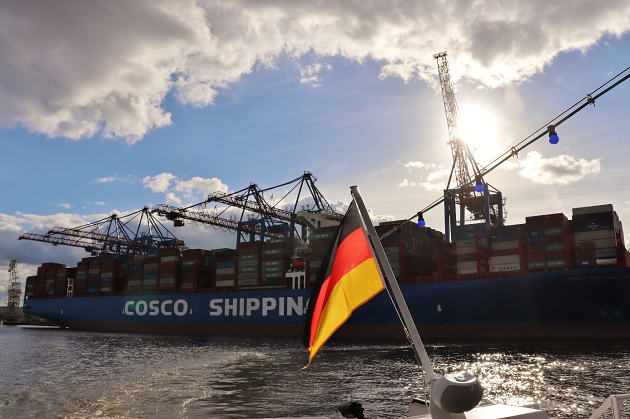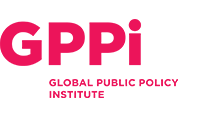
What course for De-Risking? For DFS2024, GPPi brings together policy experts and industry representatives to discuss priorities, goals, and measures. Picture: Konstantin's Europe and more/Flickr/CC BY-NC-ND 2.0 DEED
“De-risking” has become the watchword of German and EU policy toward China over the last year. However, this common vocabulary disguises widely diverging views on goals and suitable approaches. The United States has also adopted the de-risking language, yet priorities vary considerably across the Atlantic. A central goal of the Biden administration has been to maintain “as large a lead as possible” over strategic competitors in “critical and emerging technologies” – with an emphasis on securing military supremacy – while Germany and Europe are concerned with a wider set of dependencies and have yet to define a clear paradigm going forward.

German and European policymakers must address key open questions to align their efforts along a consistent strategy. What is the place of containing the military ambitions of strategic competitors in their de-risking priorities? At what threshold do other dependencies require preventive action? What combination of measures promises results? How can government, industry, and researchers work together more effectively toward de-risking? How can multilateral coordination on these policies be improved, and what are the most appropriate formats for such coordination?
A panel of leading experts and industry representatives will delve into these questions and more in an online discussion:
- Rebecca Arcesati, Lead Analyst, Mercator Institute for China Studies (MERICS) (X/Twitter: @RebeccaArcesati)
- Anna-Lena Schütte, Deputy Head of Berlin Office & Senior Manager Public Policy, Infineon Technologies
- Peter Harrell, Nonresident Fellow, American Statecraft Program, Carnegie Endowment for International Peace
- Moderation: Jakob Hensing, Research Fellow, Global Public Policy Institute
Date: Friday, 17.05.2024 15:00 to 16:00 o'clock
Format: Online Discussion via Zoom
Language: English
Registragion: via GPPi, please follow this link
